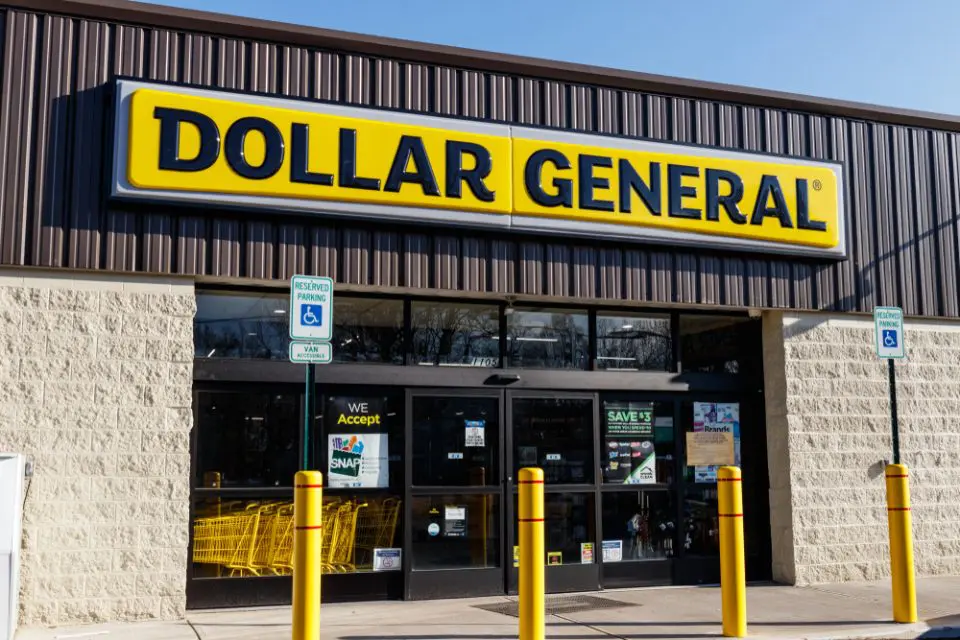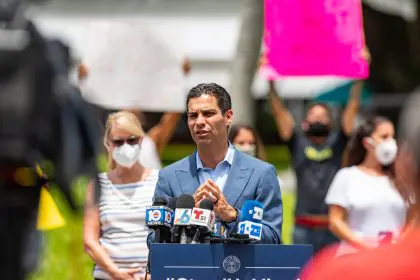A recent report has unveiled the staggering profits that grocery and dollar stores are making from cash back charges, with major retailers like Kroger, Dollar Tree and Dollar General earning over $90 million from these fees.
Understanding cash back fees
The Consumer Financial Protection Bureau conducted a study across eight of the nation’s largest retailers, including Dollar General, CVS, Walmart and Target. The findings revealed that while these retailers are raking in significant cash from cash-back fees, the actual cost to process these transactions is minimal, often just a few cents.
How much are customers paying?
Dollar stores typically charge a fee starting at $1 for cash back transactions under $50, while Kroger charges between $0.50 to $0.75 for cash back amounts of $100 or less at its various store brands, including Ralph’s and Harris Teeter.
The impact on low-income communities
This issue disproportionately affects lower-income communities, where dollar stores are often the only option for accessing cash. The increased fees can be seen as predatory, especially for those who lack access to traditional banking services.
Retailers’ justifications
In response to the report, Dollar Tree and Dollar General defended their cash back policies. They emphasized that the fees are clearly disclosed and help offset the costs of providing the service.
Dollar General echoed this sentiment.
Despite the justifications from these retailers, the reality remains that low-income areas are facing additional financial burdens while companies continue to secure massive profits from cash back fees.
















